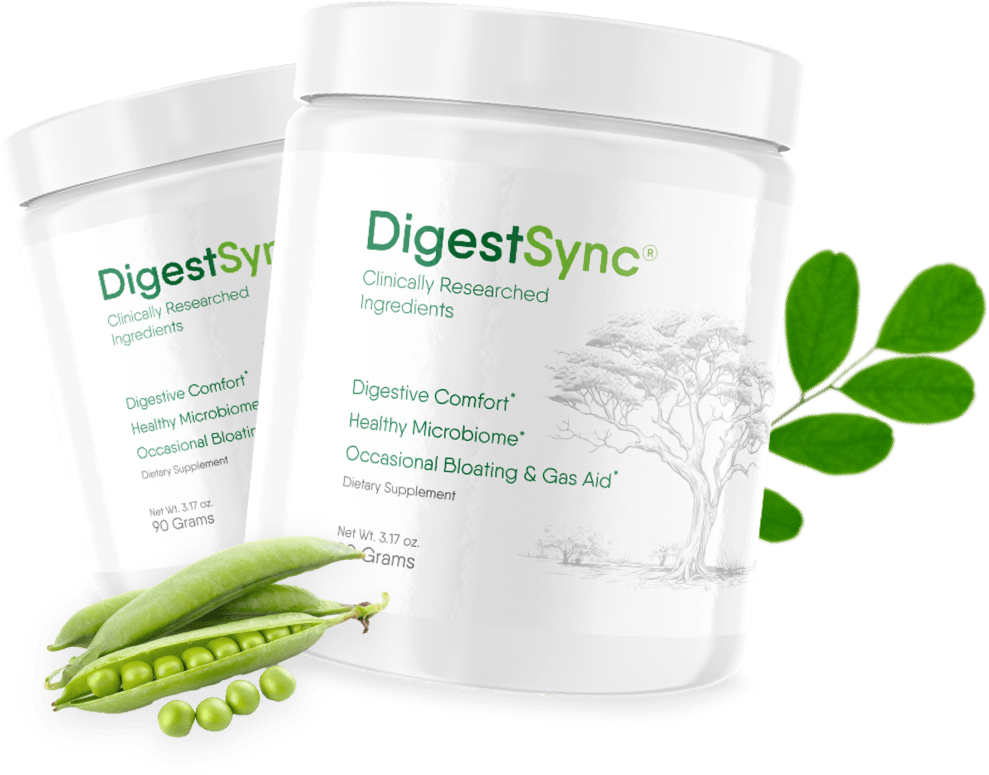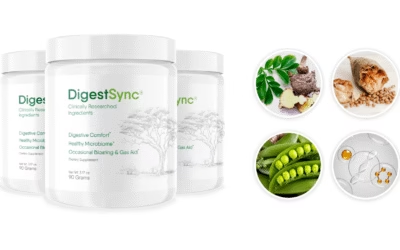Why gut health is so important is a question that more people are asking as we learn just how much our digestive system impacts overall well-being. Your gut is home to trillions of bacteria, viruses, and fungi — collectively called the gut microbiome — which play a vital role in digestion, immunity, and even mood regulation. Understanding why gut health matters can transform how you feel day to day.
What gut health really means
Gut health refers to the balance of microorganisms living in your digestive tract. When this ecosystem is thriving, digestion works smoothly, nutrients are absorbed efficiently, and your immune system stays strong. An imbalance — often caused by poor diet, stress, antibiotics, or illness — can lead to issues like bloating, constipation, diarrhea, or even more serious conditions such as inflammatory bowel disease (IBD) or irritable bowel syndrome (IBS).
Maintaining gut health means more than just avoiding discomfort. It involves nurturing a diverse community of microbes that help break down food, synthesize vitamins, and protect against harmful pathogens. This balance can be fragile, influenced by everything from the foods you eat to your sleep patterns and stress levels.
Impact beyond digestion: The gut-brain connection
Your gut is often called the “second brain” because it communicates directly with your nervous system through the gut-brain axis. This bidirectional connection means your gut health can influence your mood, mental clarity, and even your response to stress. The gut produces around 90% of the body’s serotonin, a key neurotransmitter involved in mood regulation and feelings of happiness.
Research shows that an imbalanced gut microbiome can contribute to anxiety, depression, and cognitive issues like brain fog. That’s why gut health isn’t just about digestion — it’s deeply linked to your overall mental and emotional well-being.
Common signs your gut health needs attention
- Digestive discomfort: Frequent bloating, gas, constipation, or diarrhea.
- Food sensitivities: Experiencing intolerance or cravings for certain foods.
- Fatigue or low energy: Feeling tired despite adequate rest.
- Skin issues: Acne, eczema, or rashes linked to gut inflammation.
- Mood changes: Anxiety, irritability, or brain fog without other clear causes.
If these symptoms sound familiar, it might be time to give your gut some extra care.
How to support your gut health daily
Fortunately, there are many natural ways to nurture your gut and keep your microbiome balanced:
1. Eat a diverse, fiber-rich diet
Fiber is the fuel your beneficial gut bacteria need to thrive. Include a variety of fruits, vegetables, whole grains, legumes, nuts, and seeds in your meals. Aim for colorful plates with different textures and flavors to promote diversity in your microbiome. For example, chia seeds and flaxseeds are easy to add to smoothies or yogurt, boosting fiber and omega-3s simultaneously.
2. Include fermented foods
Fermented foods like yogurt, kefir, sauerkraut, kimchi, and miso are natural sources of probiotics, the live bacteria that support gut health. Eating these regularly can help replenish beneficial microbes and improve digestion. If fermented foods aren’t your favorite, probiotic supplements can also be helpful — just choose products with multiple strains and a high CFU count.
3. Stay hydrated
Water helps maintain the mucosal lining in your intestines and supports the balance of good bacteria. Aim for at least 8 glasses a day, more if you’re active or live in a hot climate. Infuse water with lemon, cucumber, or fresh herbs for added flavor and nutrients.
4. Manage stress
Chronic stress disrupts the gut microbiome and increases inflammation. Mindfulness practices like meditation, deep breathing, yoga, or even a simple walk outside can lower stress hormones and support gut function. Prioritizing restful sleep also plays a critical role.
5. Use targeted supplements wisely
Supplements like fiber powders and digestive enzymes can provide extra support when needed. For example, Organic India Psyllium Husk Powder is a gentle, natural fiber supplement that aids regularity and promotes digestive comfort. Always consult with a healthcare provider before starting any new supplement regimen.

Why gut health matters for your overall well-being
Optimizing gut health can ripple out to many aspects of your life. Benefits include:
- Improved digestion: Less bloating, better nutrient absorption, and regular bowel movements.
- Enhanced immunity: A strong gut lining prevents pathogens from entering the bloodstream.
- Better mood and mental clarity: Balanced neurotransmitters and reduced inflammation support brain function.
- Clearer skin: Reduced systemic inflammation can improve skin conditions.
- More energy: Efficient digestion and nutrient uptake fuel your daily activities.
By prioritizing your gut health, you’re investing in a foundation for vibrant, resilient health — physically, mentally, and emotionally.
Gut health essentials at a glance
| Aspect | Why it matters | How to support |
|---|---|---|
| Microbiome balance | Efficient digestion, strong immunity | Fiber-rich foods, fermented foods |
| Neurotransmitter production | Mood regulation and mental clarity | Gut-friendly diet, stress management |
| Digestive comfort | Reduces bloating, constipation | Hydration, fiber supplements |
| Overall vitality | Energy, skin health, resilience | Consistent healthy habits |
Further reading
For more ways to support your gut naturally, check out our post How to Improve Gut Health Naturally.







